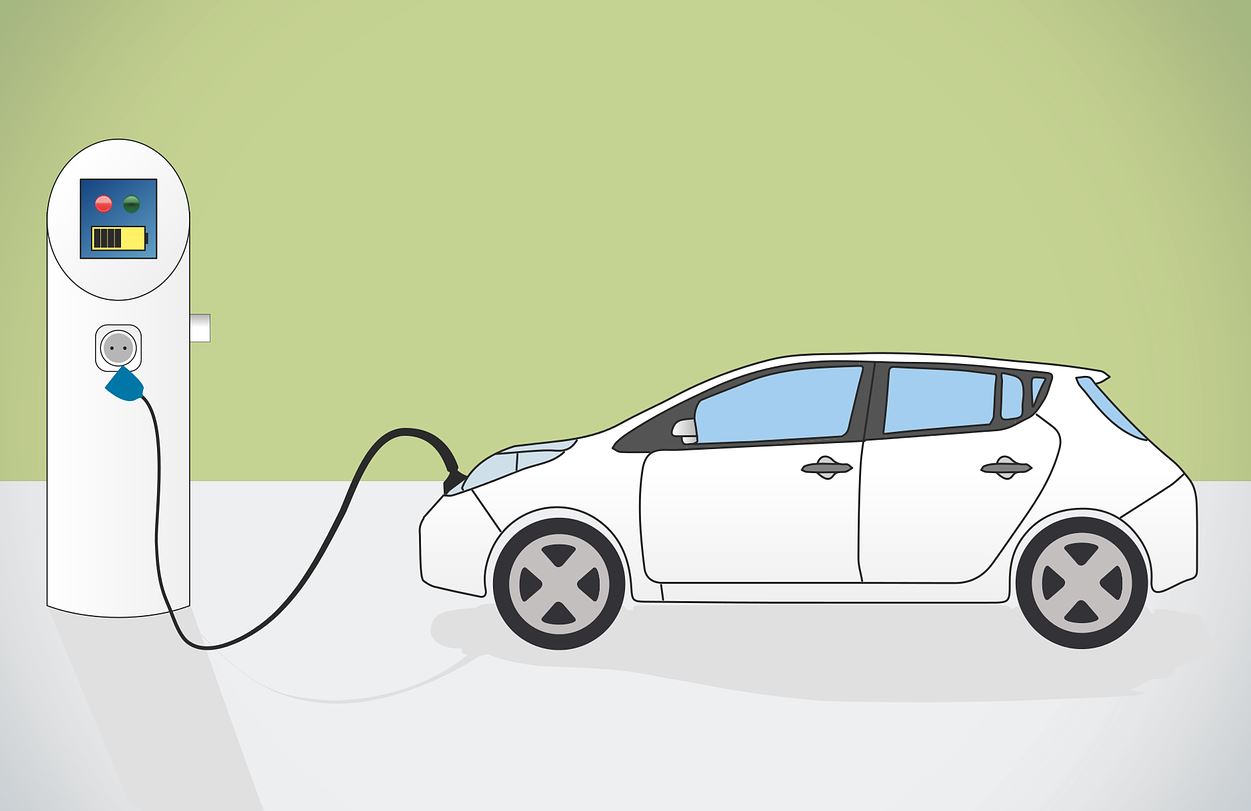 By B.N. Frank
By B.N. Frank
The EV industry has been taking a beating lately. EV entrepreneur Trevor Milton was recently indicted for lying about “nearly all aspects” of his business. There have also been major operational issues associated with EVs too – some of which have led to recalls (see 1, 2, 3, 4, 5, 6, 7, 8). Now renewed concerns about battery recycling are being discussed again.
From Zero Hedge:
If there’s one thing about the growing demand for EVs that we have tried to point out over the last month, it’s the fact that the rhetoric about the “green” vehicles being perfect for the environment with little consequence isn’t exactly 100% accurate.
Just over the last two months, we’ve written not only about how much driving needs to be done in EVs to make them better for the environment than internal combustion engine vehicles, but we’ve also noted that EV carbon footprints aren’t necessarily as better than ICE vehicles as many people think.
Now, more questions are starting to be raised about the potential unintended consequences of the EV revolution. Notably, how can the metals used for EV batteries be recycled and reused as part of a circular economy before a materials crunch – or environmental impact from mining – negates the “green” label affixed to EV vehicles. That’s the question FT delved into this week in a new report.
And who better to make it clear that recycling is an issue than former Tesla executive JB Straubel. He started a company called Redwood Materials in 2017 that is focused on trying to break down used batteries and reconstitute them into a fresh supply of metals for new ones.
Redwood has raised more than $700 million from investors to hire 500 people and expand its operations. This year it’ll process 20,000 tons of scrap and has already recovered enough material to build 45,000 EV battery packs.
Redwood already has partnerships with companies like Panasonic and Amazon. And companies like Apple are getting on board with the circular economy idea, which CEO Tim Cook aspiring to “not to have to remove anything from the earth to make the new iPhones”.
A circular economy with EV batteries would give the world a significant push forward to meeting net zero emissions goals. Kunal Sinha, head of copper and electronics recycling at miner Glencore, said: “For the world to hit net zero — by 2050 you can’t do it with just resource efficiency, switching to EVs and clean energy, there’s still a gap. That gap can be closed by driving the circular economy, changing how we consume things, how we reuse things, and how we recycle.”
As EV adoption grows, demand for nickel, cobalt and lithium will continue to rise. Paul Anderson, a professor at the University of Birmingham, said: “There is going to be a mass scramble for these materials. Everyone is panicking about how to get their technology on to the market and there is not enough thought [given] to recycling.”
A “crunch” for the materials will likely happen as a result of demand surpassing supply, which will take place in 2 to 3 years, according to Monica Varman, a clean tech investor at G2 Venture Partners.
Berdichevsky concluded: “In the future we’ll replace the car, but not the battery; of that I’m very confident. We haven’t even scratched the surface of the battery age, in terms of what we can do with longevity and recycling.”
In related news, E-waste recycler Eric Lundgren has been converting EV batteries into backup batteries for solar grids and other uses. That’s a step in the right direction. But in regard to the environment, there’s also the issue of electromagnetic radiation emissions from EVs and their infrastructure. Health experts have raised concerns about exposure to drivers and passengers in EVs as well as hybrid models (see 1, 2, 3). In fact, a lawsuit was filed by an EV owner who claims to have been severely injured from driving his. Research has determined that exposure can affect animals too.
The Department of Transportation (DoT) has plans to install wireless charging tech in pavement so EVs can be charged while driving. That doesn’t sound eco-friendly!
Despite all of the above, the demand for EVs is reportedly increasing which apparently led to Toyota allegedly funding a smear campaign to slow sales. Of course, the company has plenty to smear with.
Activist Post reports regularly about unsafe technology. For more information visit our archives and the following websites.
- Electromagnetic Radiation Safety
- Environmental Health Trust
- Physicians for Safe Technology
- Wireless Information Network
Image: Pixabay
Become a Patron!
Or support us at SubscribeStar
Donate cryptocurrency HERE
Subscribe to Activist Post for truth, peace, and freedom news. Follow us on Telegram, SoMee, HIVE, Flote, Minds, MeWe, Twitter, Gab, Ruqqus , GETTR and What Really Happened.
Provide, Protect and Profit from what’s coming! Get a free issue of Counter Markets today.
Electric Vehicle Battery Recycling Issues Described as “An Environmental Disaster”
